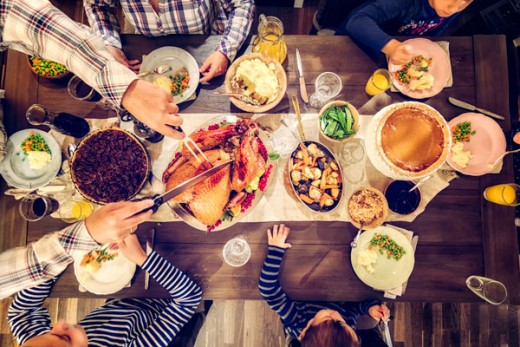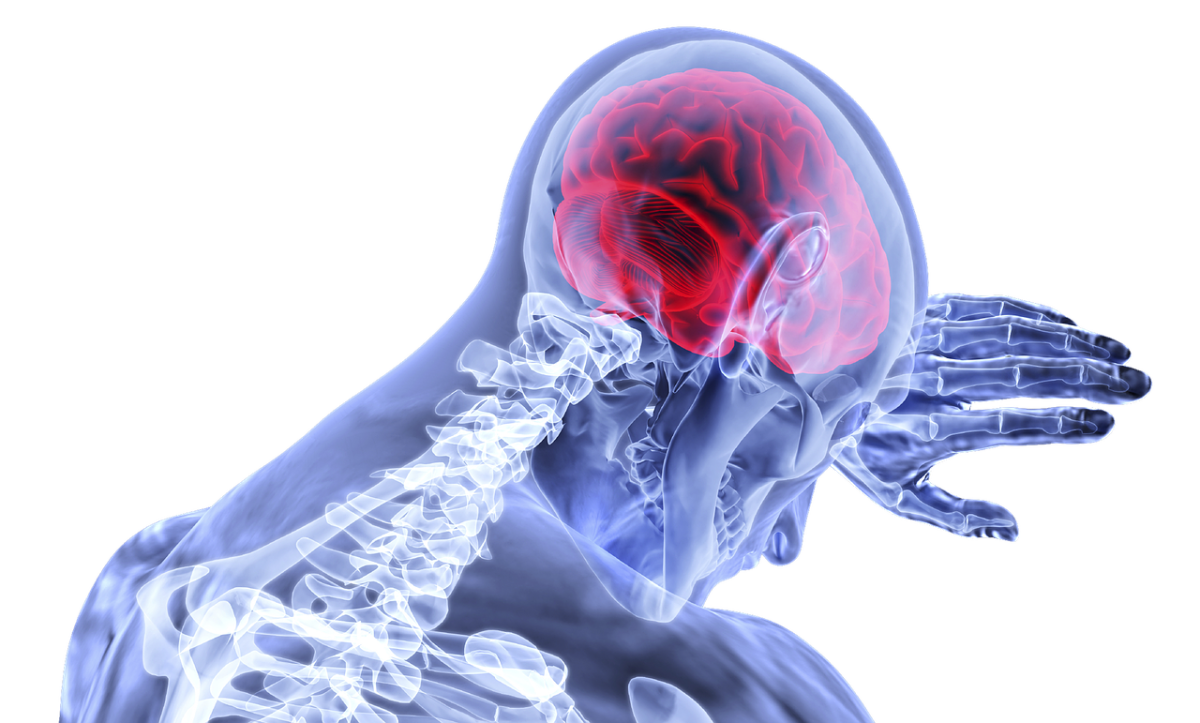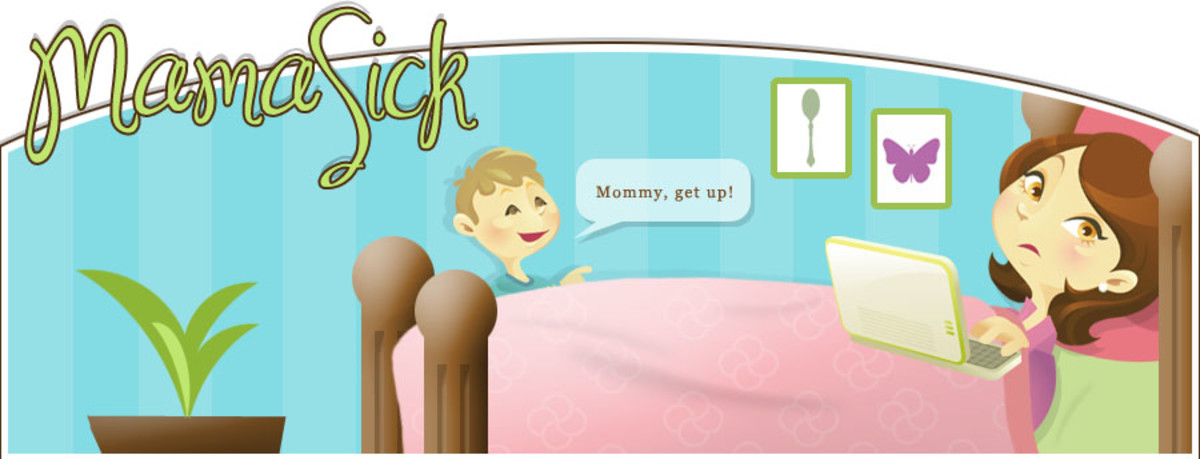The Holiday Season With Chronic Illness
Spending the Holidays With Chronic Pain
No matter the source of your discomfort, chronic pain makes most days difficult. Of course, this is no surprise to you — you have already experienced days that range from mild aches and pains to completely debilitating agony.
There are days that you can accomplish most goals on your list, and others where making it to the bathroom or kitchen appear impossible. Each day presents a new set of challenges for you to face.
When the weather turns cold, you will be confronted with another set of obstacles to overcome: the holidays. For many, the holidays are closely linked to a variety of unwanted feelings like frustration, sadness, anger, hopelessness, guilt, and shame.
These harmful feelings can be triggered by reflecting on the struggles of the last year or from facing family members that are less accepting and understanding.
It is possible, though, for the holidays to be a time of great happiness and excitement. They can be an occasion to spend more time gathering and celebrating with the loved ones in your life.
For some, the holidays are their favorite time of the year. It could be your favorite time, too. Here’s how:
If you begin to dread the day after Halloween more and more because it signals the beginning of the holiday season, you will experience higher levels of frustration and discomfort as November turns to December.
Make the Decision
A hugely important but frequently overlooked aspect of the holidays is your perspective at the onset. If you begin to dread the day after Halloween more and more because it signals the beginning of the holiday season, you will experience higher levels of frustration and discomfort as November turns to December.
With this mindset, you are deciding that the holiday season will be a disastrous time. You also risk creating the negativity yourself based on your expectations.
To change the situation, you must begin with your decision. What are you deciding to do with the holiday season? Are you going to invest fully in making the best of it, are you choosing to end all contact with your family, or are you planning something in between?
This choice should be based on the events of the previous years, but it should also be based on your goal. How do you want the season to go? By making a clear decision and investment, you can make the best of the holidays no matter how the previous years unraveled.

Prepare Your Mind
With a decision made, you can begin preparing your mind for what is to come. The way that you enter a situation mentally will play a pivotal role in how you perceive the holiday events. Remember, your perceptions become your reality.
Fortunately, you have a great deal of control over your perceptions. You can modify them through changing your self-talk.
All day, every day, you speak silently to yourself through your thoughts. These statements impact how you feel and what you do. By making your self-talk more positive and hopeful heading into the holidays, you can prepare yourself for success.
This can be accomplished through the repetition of various phrases like:
- This holiday will be better.
- I’m going to have success this year.
- I will find ways to appreciate and enjoy the people in my life.
- The holidays are a happy time.
Experiment with these options or others to find ones that fit your needs. Any change in self-talk will appear uncomfortable at first, but the eventual payoff will be huge.
Coping With Chronic Pain
How do you cope with the holidays when you have a chronic illness?

Holidays will require you going places, doing things, and interacting with people that trigger some levels of stress. By changing your behaviors to deviate from previously unsuccessful actions, you can improve your coping.
Plan Your Strategies
Changing your thoughts will give you an edge before you enter the holiday season, but much of the work will be done through behavioral changes.
Holidays will require you going places, doing things, and interacting with people that trigger some levels of stress. By changing your behaviors to deviate from previously unsuccessful actions, you can improve your coping.
At this point, it is important to ignore ideas of fault and blame. Even if another person causes the negativity of the holiday, you must focus on the power and control you possess.
A good preparation activity is to imagine a specific family member that triggered some unwanted feelings in you last year. Rather than avoid those painful memories, begin thinking about what happened and alternative ways that you could have responded verbally or behaviorally to produce a different outcome.
Rather than focusing on a witty or sarcastic comment to retaliate, think about prevention. How can you enter the situation and diffuse any problems before they begin? Think kindness, not avoidance.
Coping With a Chronic Illness
Follow Through
All of the best plans and preparations are quickly defeating by the unwillingness or the inability to put them into action. Thinking or talking about doing something is easy. Doing that thing is incredibly intimidating and difficult.
You can do it, though. Enter the situation with positivity and self-confidence that is fueled by your desire to make relationships with your loved ones better. Even when you face the expected, use perseverance and your commitment to making the best of the situation.
You may be tempted to indulge negative coping skills to aid your attempt, like drinking alcohol. Consider avoiding this all together.
Though you may believe this substance or others will make the events and interactions more comfortable, you only increase the risk of poor judgment and decision-making skills. Avoid the alcohol.
Focus on building and maintaining productive sleep, healthy diets, and regular exercise to put your physical being in the best position for the holidays.
Don’t Forget the Physical
With all of the work done to address the pending holiday season, it is easy to fall behind on your self-care for your chronic pain. Stay consistent with your treatments, appointments, and at-home routines to keep the pain as well managed as it can be.
Focus on building and maintaining productive sleep, healthy diets, and regular exercise to put your physical being in the best position for the holidays. You could even try different therapies for chronic pain, like laughter pain therapy. If these aspects of your life go neglected, any task is more challenging.
Remember that your mental health and physical health are intricately intertwined. Any progress you make with your physical will boost your outcomes with the mental. When it comes to the holidays, you need your mental health to be clear and strong.

In Conclusion
People talk about surviving the holidays, and this used to be your focus as well. Not this year, though. This year, you are prepared with the strategies you need to thrive, not merely survive, during the holidays.








